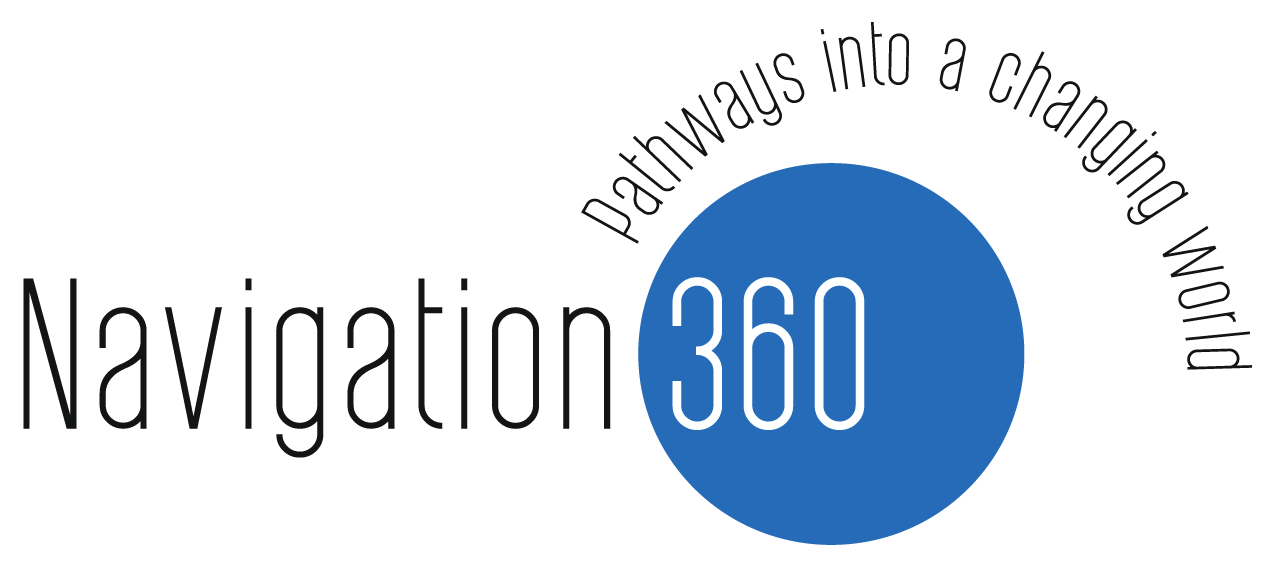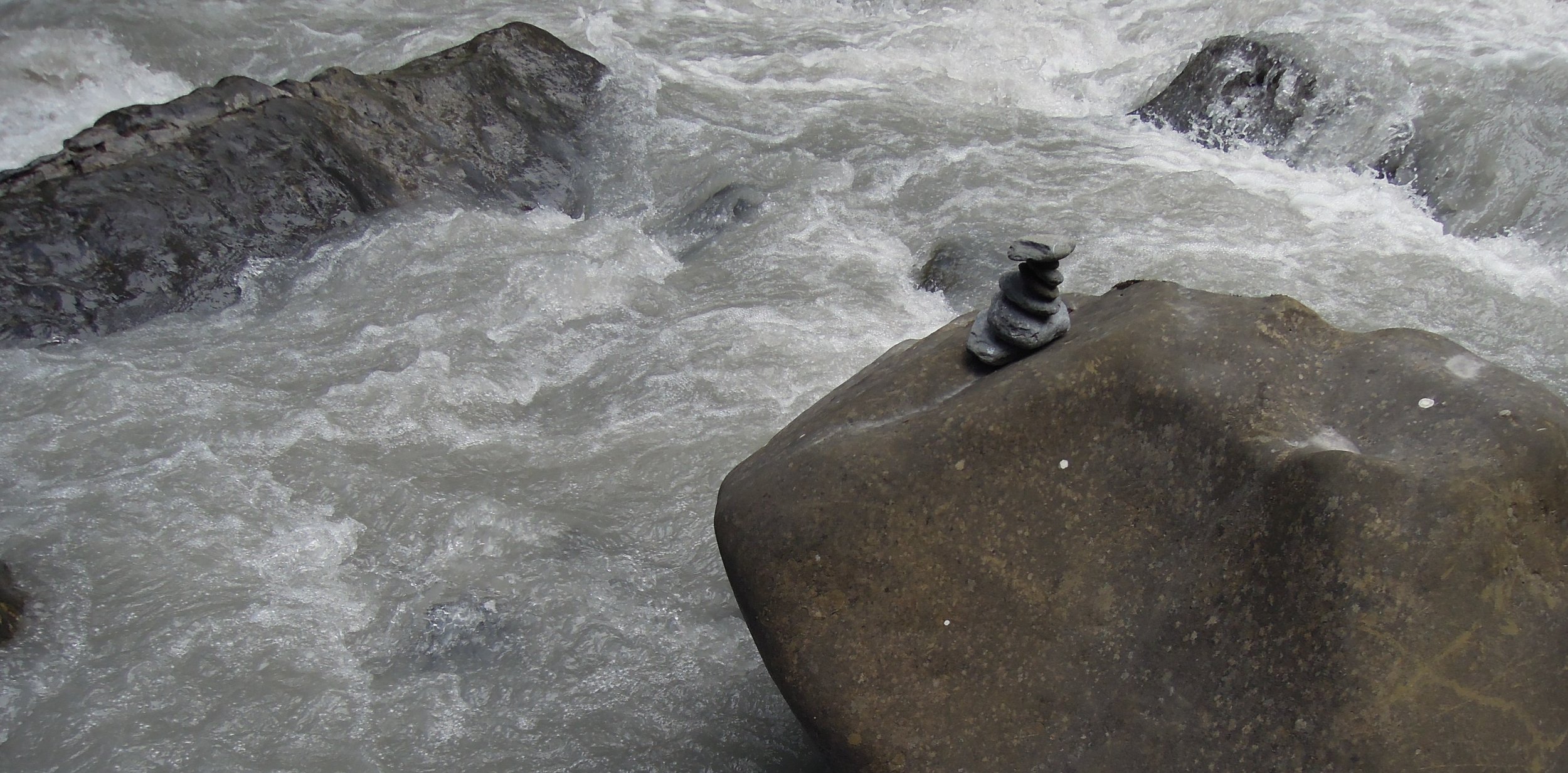Not Engaging with the Wider World is No Longer an Option
Whatever your current age, one thing is clear: everything is not well with our world.
We may not see the wave of species extinction, but climate change we are experiencing physically. The massive global increase in arms sales goes largely unnoticed, but the daily news offers a steady stream of violence, corruption, repression, political unrest and outright war. Rest assured that, already for these two big reasons, economic migration and forced displacement around the world will increase. Partially in reaction to all that instability and uncertainty, race, religion, gender, sexual preferences, language and nationality are thriving as criteria for inclusion or exclusion. Indeed, in times of uncertainty and anxiety, intra-group bonding and groupthink provide reassurance. Meanwhile, the surveillance state is in rapid expansion with big data on you being combined into a rich profile. Once used to target you as a consumer, now it’ll serve to influence you as a voting citizen, and soon it will be used to classify you as a ‘socially desirable’ or ‘undesirable’ person. China is leading the way with its ‘Social Credit System’. We would have more energy to resist this, if we weren’t bogged down by increasing bureaucracy and forced to compete ever harder, be more productive with less, respond to ever more messages…. No wonder many of us, in so-called ‘developed’ societies experience high stress levels, with burn out reaching epidemic proportions among hard-pressed managers.
Clearly, the unbridled obsession with economic growth, material wealth and individualism has taken humankind on a path that is not sustainable. The time we could say “it’s not my problem” is over. We may try to ignore the wider world – but the wider world does not ignore us. If not today, tomorrow for sure, technological, economic, political, security and social changes will impact on our life.
Different futures are still possible. There are many positive developments: Young people are stepping into the real-world school to tell the adults they are messing up and there is no ‘Planet B’. Appetite for bio-products is growing and we start to pay attention to our plastic consumption and use of pesticides. Tremendous creativity is going into ‘circular economy’ products and a growing number of local economies around the world are stimulated by complementary currencies. Some cities are advancing to being carbon-free by 2030; some educational systems put more emphasis on group work and develop not also knowledge but also social skills. Still, powerful economic, military and ideological interest-groups exercise huge influence on our political elites. Their interest is in shareholder profit and dominance, not thriving communities, healthy environments and non-violent conflict-resolution.
Our personal choices now truly have wider impact. So let’s ask ourselves:
How is my work connected to or influences the wellbeing of others?
How do my work, my lifestyle, my daily behaviours, contribute to a society that is inclusive, fairly equitable, and where people act with civic responsibility and basic respect to each other?
How do my work and my lifestyle contribute to the sustainable use of our planetary resources and protection of its eco-systems?
If I realise what I do or how I live causes harm, directly or indirectly, am I prepared to change? What can I already change, easily?
What do I tell the next generation about the state of the world we leave them? And the role I played in its good stewardship?
‘World work’ needs to go together with ‘inner work’. Inner work means resourcing yourself and personal development.
All is Well!
Work and life conditions for many of us can be stressful. It shows in different ways: physical ailments, tensions within the family, disturbed sleep, substance abuse, compulsive shopping, you name it. Saying ‘stop’ to these wider negative trends and doing our bit for a more desirable future requires additional courage, energy and significant supplies of ‘hope’. After all, we are small individuals or groups, up against vast forces.
We each need to find our ways to re-centre and re-energise ourselves and maintain a healthy mind in a healthy body. It’s a marathon, not a sprint!
For some its physical exercise, cycling or swimming, dancing or gardening perhaps. For others artistic creation: sketching, painting, woodwork, music, storytelling. Or repair jobs around the house. Being together with friends, sharing a meal together, having a really good conversation, can be relaxing and reinvigorating.
Nature is a great healer: research shows that people who spend several hours a week in nature are generally happier and healthier. Take a ‘forest bath’ regularly (https://www.youtube.com/watch?v=12CCjoixpkA – observe how patient you are listening to someone who is not a strong English-speaker), kayak or sail on river or lake, sleep and cook and eat outdoors for a change. Observe the diversity and beauty of plant life, pay attention to the seasonal changes of trees, the playfulness of wind throughout the day, the kaleidoscope of cloud formations passing overhead. So much life energy when we step away from the bricks, tarmac and concrete.
When we are worried and our heart starts beating faster, put your hand on it, speak to it and say: “My dear heart, all is well.” This was the practice of an unconventional student, played by Aamir Khan in ‘Three Idiots’, a Bollywood satirical comedy on the pressures in the Indian educational system. Trust that things will work out, even if you cannot, now, see very well how. Relax, calm down, all is well…
What helps you to re-source and re-centre yourself?
Are you doing it regularly enough to maintain positive energy, a positive outlook?
What can you do more of, a few minutes each day?
Are you in a situation that drains more energy than it provides? What can you stop, what reduce?
Will the world still keep turning when you are less intensively engaged with it?
Will your world keep turning if you become a bit more selective, slow down, let go of what is not that important?
“I have reduced my monthly expenditures, and now I feel much freer”, a friend told me recently. There is much to enjoy that doesn’t cost a lot of money, and we can enjoy more what we already have.
At 50 You Shouldn’t Be Doing What You Were Doing at 35- or Not in The Same Way
Another friend surprised me with the above statement. He did not mean this as a confirmation of the career-chase, the competitive struggle to climb up the corporate ladder. He was referring to the different level of awareness that comes from intentional personal development, that inspires more mature, wiser behaviours. Personal development increases our awareness in different ways:
· We become more aware of the nature and force of our emotions, how they shape our attitudes and behaviours, and impact on our bodily wellbeing and reasoning. And those of other people. We get better at sensing the emotional state of another person, and the quality of relationship between other people. We learn to respond constructively rather than react impulsively.
· We see more clearly how we have been conditioned, in our childhood and formative years, by family and societal influences. Some of that conditioning is useful and positive, some of it may fill us with prejudice and bias.
· It also means an ability to see a bigger picture of our social circle, our workgroup, our organisation, our sector, our country, in a wider world. All are made up of groups of people, shaped by present needs and interests but also by narratives of history and expectations of the future. Seeing a bigger picture makes us realise -again- that we are only a modest actor on a very large stage with a vast historical, geological, and astronomical time. Like when we were children and looked up at the infinity of the night sky with its uncountable number of stars – before we started to live looking down at a screen rather than up at the sky. Within the context of the galaxy, our egos, however inflated, are not even a speck of dust. That realisation is liberating. Seeing the bigger picture also makes us more conscious of larger connections and interdependencies, and -surprisingly- gives us an ability to act and influence greater than when we try to fill the whole screen with our latest selfie.
So much becomes possible, when we don’t need to be centre stage all the time. Call it ‘mindfulness-in-action’.
Most work environments do not enable you to develop personally. The focus is on technical, thematic knowledge and skills, preferably very specialised. There aren’t many job adverts that list a’ holistic perspective’ (‘systems-thinking’) and ‘wisdom’ as core competencies. You may have to look outside, to alternative spaces, to find trusted people who can mentor and coach you in life skills, emotional intelligence and relationship competencies, and help you to explore the question: What is the life I want to lead?, not just What is the career I want to pursue?
Sometimes we need to disconnect to be able to connect, with our deeper selves, with another person. Sometimes it takes a dramatic event, a serious disease, accident, reversal of fortunes, to snap us out of our routine and makes us ask: what is really important in life, what gives it deep meaning? Sometimes it happens as we grow older, and realise that we don’t have an unlimited future ahead of us anymore: what are we going to do with the rest of our life?
How many truly meaningful conversations did you have in the past two weeks?
When was the last time you felt truly listened to by someone else, with a totally open mind, patiently?
When was the last time you truly listened to someone else, fully present to the other?
What is the voice going in your mind as you are reading this, saying?
Have you tried making every short, functional, transactional, conversation you have each day, a brief but pleasant exchange?
When was the last time you were surrounded by total silence, for a significant period? How did it feel?
What is something important you have learned about happiness and how do you radiate some of that happiness to others?
What would you regret, when you are dying, not having done though you could? Why is it important?
What is your special gift, to give to other people (not to sell!)?
What is a question you would ask if you really wanted to get to know another person deeply?

